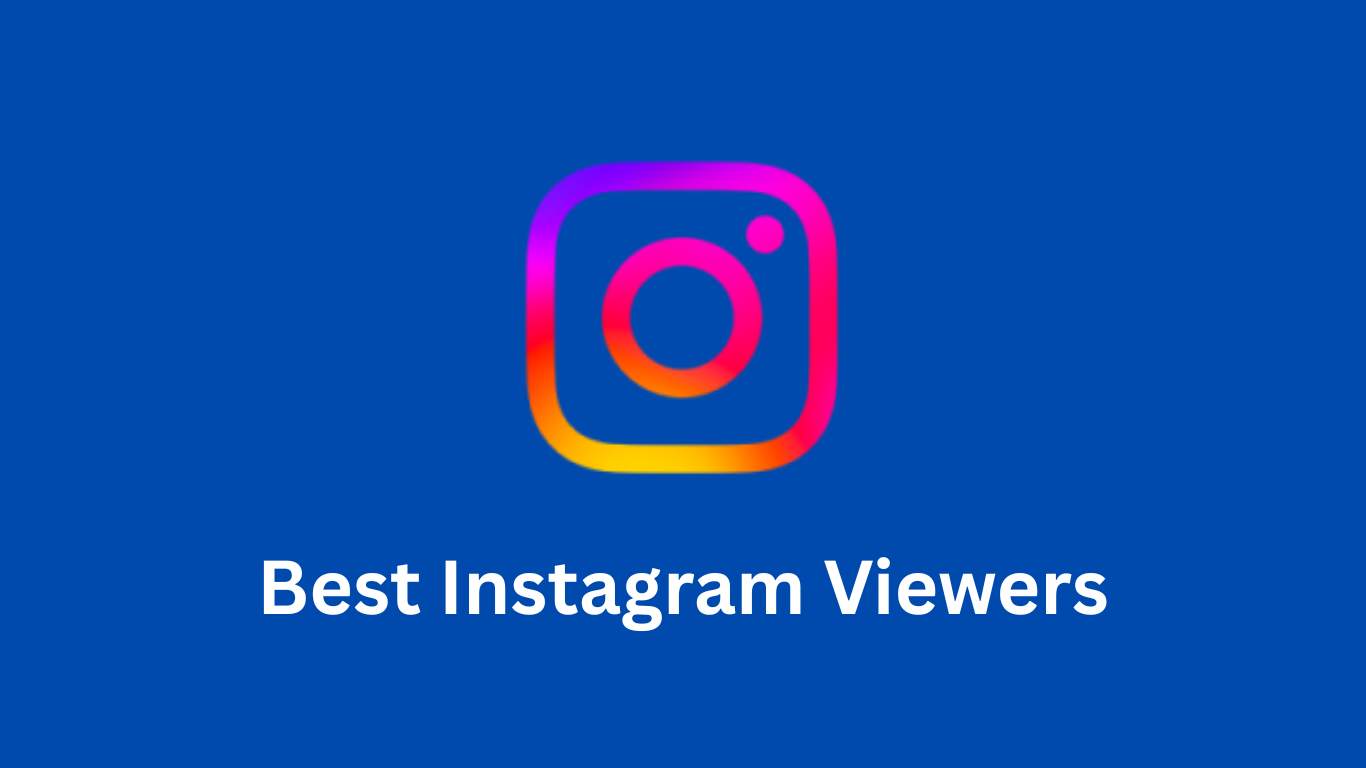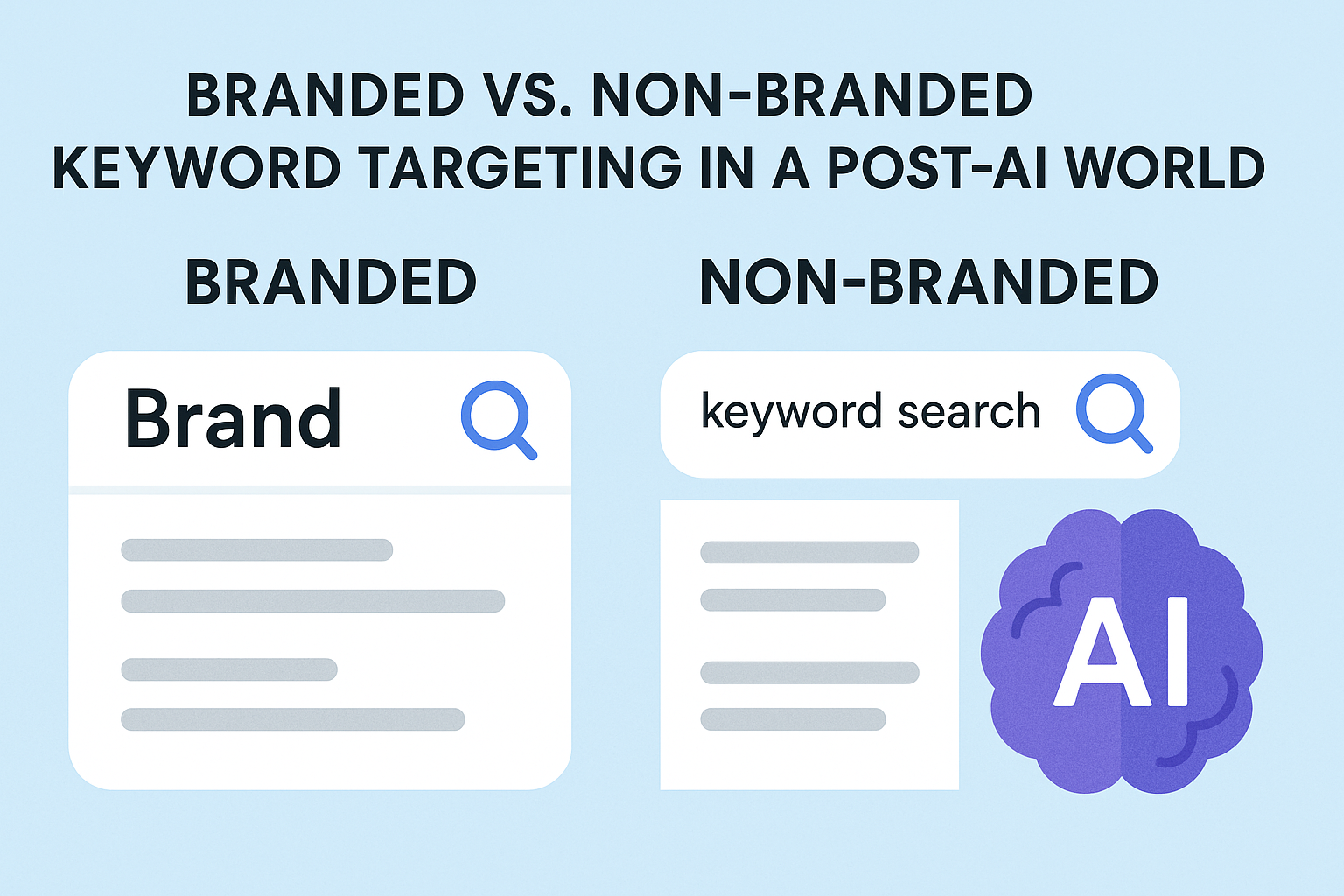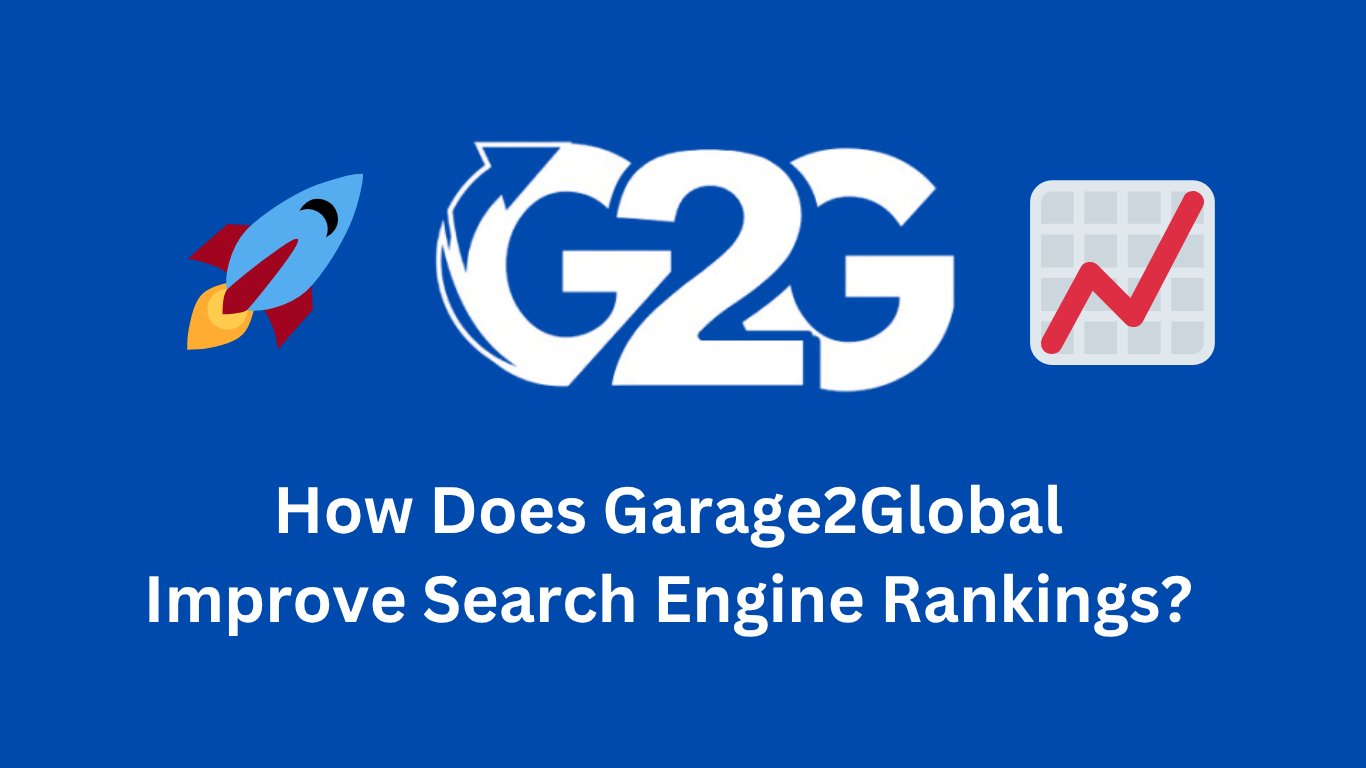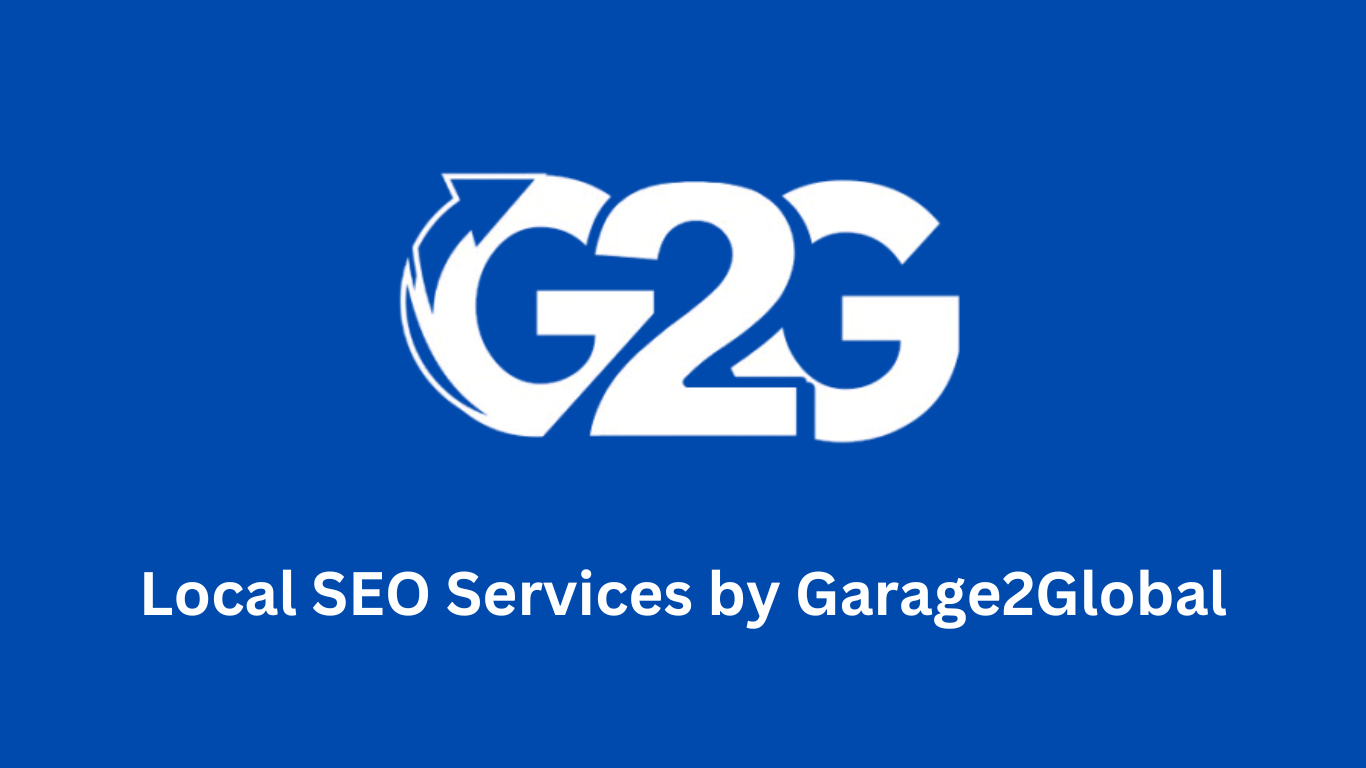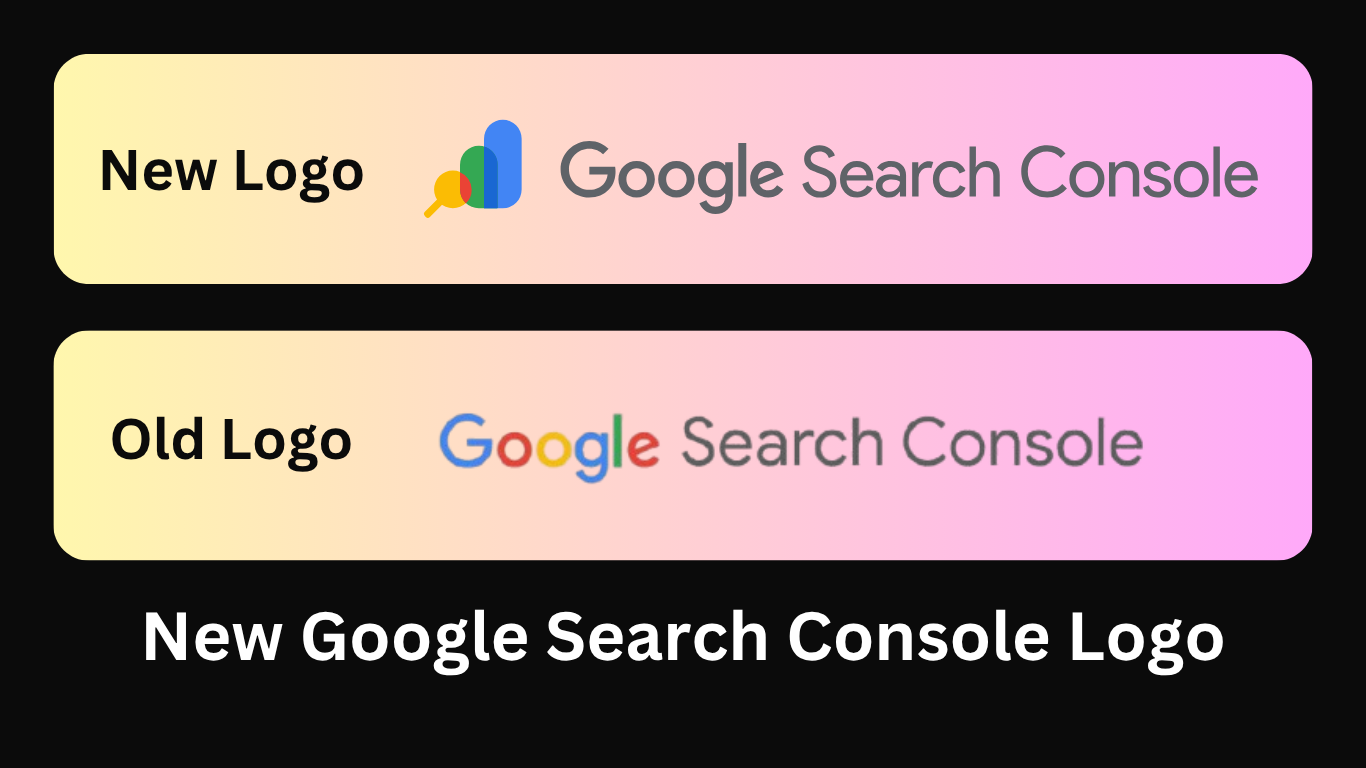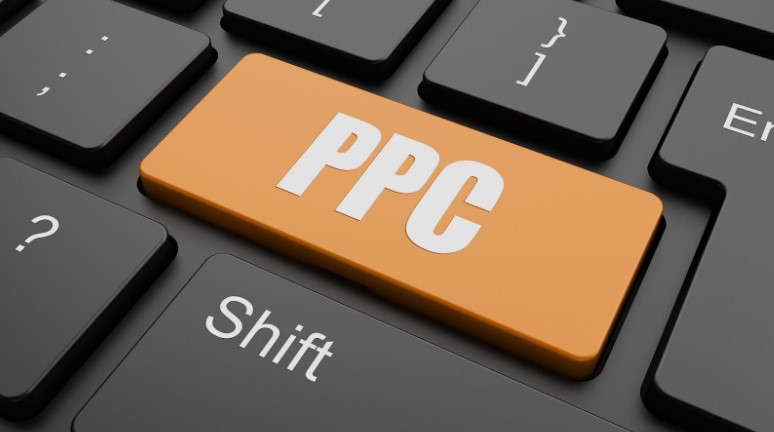
Pay per click or PPC is a marketing channel that provides digital marketers with an opportunity to grow their traffic and improve the conversion metrics instantly. Whether you know a little about PPC or know a lot but want to clear your basics, you have come to the right place. In this article, we’ll tell you everything about the exciting PPC advertising: keywords, budgets, bids, Ads, conversion, and more! So, let’s start.
Pay Per Click Marketing
PPC or pay per click is a form of marketing where marketers market their business by placing Ads on an advertising platform. More precisely, it is an advertising model that lets advertisers place their Ads on a popular advertising platform and get quick results, like get more traffic on the website, more conversions, more clicks, etc.
The reason why it is called pay per click is the advertiser has to pay a small fee every time a user clicks their Ads. Thus, you can say that PPC is a way of buying visits rather than earning organically.
Search engines are the most commonly used PPC advertising platforms that allow the advertisers to bid for the Ad placements in the search engine result pages when a user searches for a keyword related to their products and services.
How Does Pay Per Click Work?
Now you know that an advertiser has to pay some fee to the advertising platform whenever their Ads get clicked. But, how to make your Ads appear on the SERP in the first place? Well, in order to appear at the top of SERP, the Ads go through an auction process.
An advertiser can’t simply pay more and ensure that his Ads will appear more prominently than that of the competitors. This auction system takes into account several things, including the bid amount, Ads quality, keyword relevance, etc., to decide the winner Ads that will appear in the spotlight.
When a user enters a search query with a keyword, the auction begins. Based on the specific keywords the advertiser wants their ads to appear for, the search engine decides which Ads are the most relevant. The Ads that win appear on the SERP.
But, How Does An Ad Get Involved In The Auction?
For this, you need to create an account on popular search engine platforms, like similar audiences google ads, Bing Ads, etc. Next, you need to decide where or when you would like your ads to appear. Accounts consist of campaigns that make it easy for you to manage the Ads related to different products or other categorizations. Furthermore, the campaigns are divided into Ad groups that contain keywords and Ads.
The PPC Game Revolves Around Keywords
Keywords are what connect the users’ search queries to your Ads. Queries are the words or phrases a user enters in the search bar of a search engine. Keywords are what advertisers use to target the right audience and match their search queries.
Either you can choose to match the keywords with users’ search queries or allow variations, like change in the order of the words, the inclusion of other words, etc. Aside from this, you can also create a negative keyword list to prevent your Ads showing up for the keywords you don’t want.
PPC Budget and Bids Play A Crucial Role in Paid Advertising
Before you start paid advertising, it is necessary to set up a budget based on how much you can afford to spend. For this, set your budget at the campaign level, and bid at the keyword or Ad group level.
While you can increase your daily budget limit, you shouldn’t spend more than the monthly limit. This is where keyword and ad group level bids come in handy! Bids help you control your budget and prevent you from spending more.
Nowadays, advertisers set a goal for their campaigns, choose an advertising platform, and use automated bidding strategies. This helps you find the maximum CPC to pay based on your competitors’ activity, Ad rank, etc.
Ads and Ad Rank
Ads are what the audience will see if they win the auction. Therefore, it is necessary to create impressive and targeted Ads. Write catchy headlines, descriptions, and a URL, including the targeted keywords. It’s best to experiment with different Ad copies and find out which one performs the best. You can also use features like Ad extensions, call extensions, etc., to improve your Ads.
Now that you have created Ads, your next step is to focus on Ad rank. It’s not just the highest bid that helps your Ad win the auction. Search engines consider many other factors in determining the Ad rank, like-
- Maximum bid amount
- Ad quality
- Ad relevance to the keywords
- Ad format impact, etc.
Quality Score is the key metric that evaluates the Ad’s relevance. It checks how relevant your Ad is to the chosen keywords, search queries, and landing pages. If you want to appear credible in the eyes of Google, you should work on improving the Quality Score. Once you manage to boost the QS, it will lower your CPC.
Conversions Are What You Want To Achieve Through PPC
The point of doing paid advertising is more than just buying clicks. It is also about getting the right audience to the website and encouraging them to complete the desired action, like signing up for a newsletter, purchasing a product, etc.
So, don’t just rely on the click. Make sure to track the conversion rate to know if your PPC campaign is doing well. You can use tools like Google Analytics to get insights into the campaign and decide what needs to be improved.
Conclusion
PPC marketing is an excellent way to boost your website traffic, generate new leads, or get more conversions. However, it is helpful only if done correctly. If you simply set up your PPC campaign and forget, it won’t do anything well. It will add value to your digital marketing efforts if you track the campaign’s progress regularly and work on improving it. You need to be clear about your goals, set the right budget, and test the Ads carefully. Once you know the basics of doing PPC, it won’t be too difficult for you to ace the PPC game.

The Search Engine Cage team is on a mission to educate entrepreneurs. We make things easier for the small business owner, by writing articles that help them to understand SEO and Digital Marketing.


